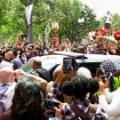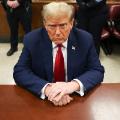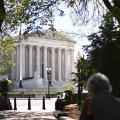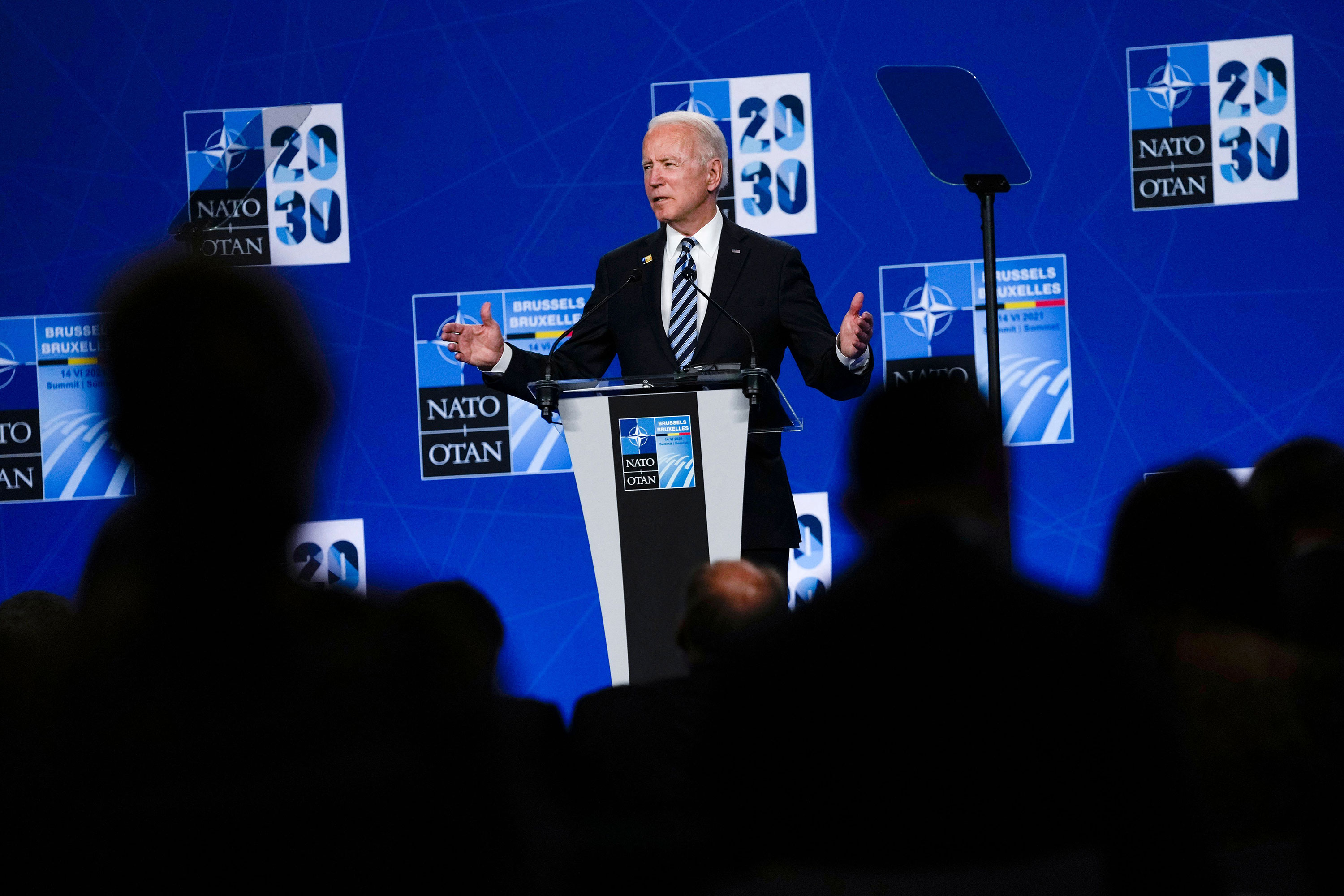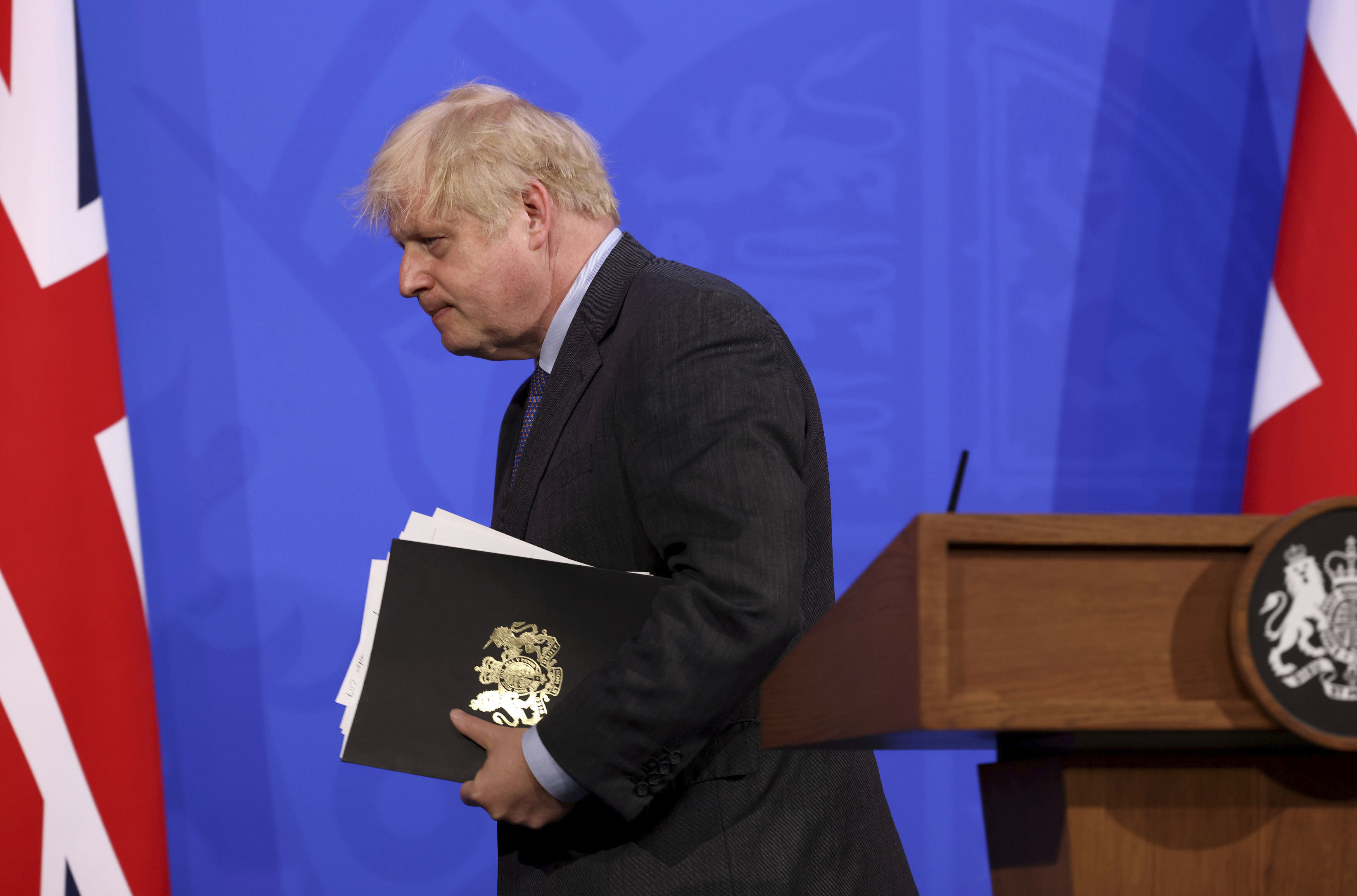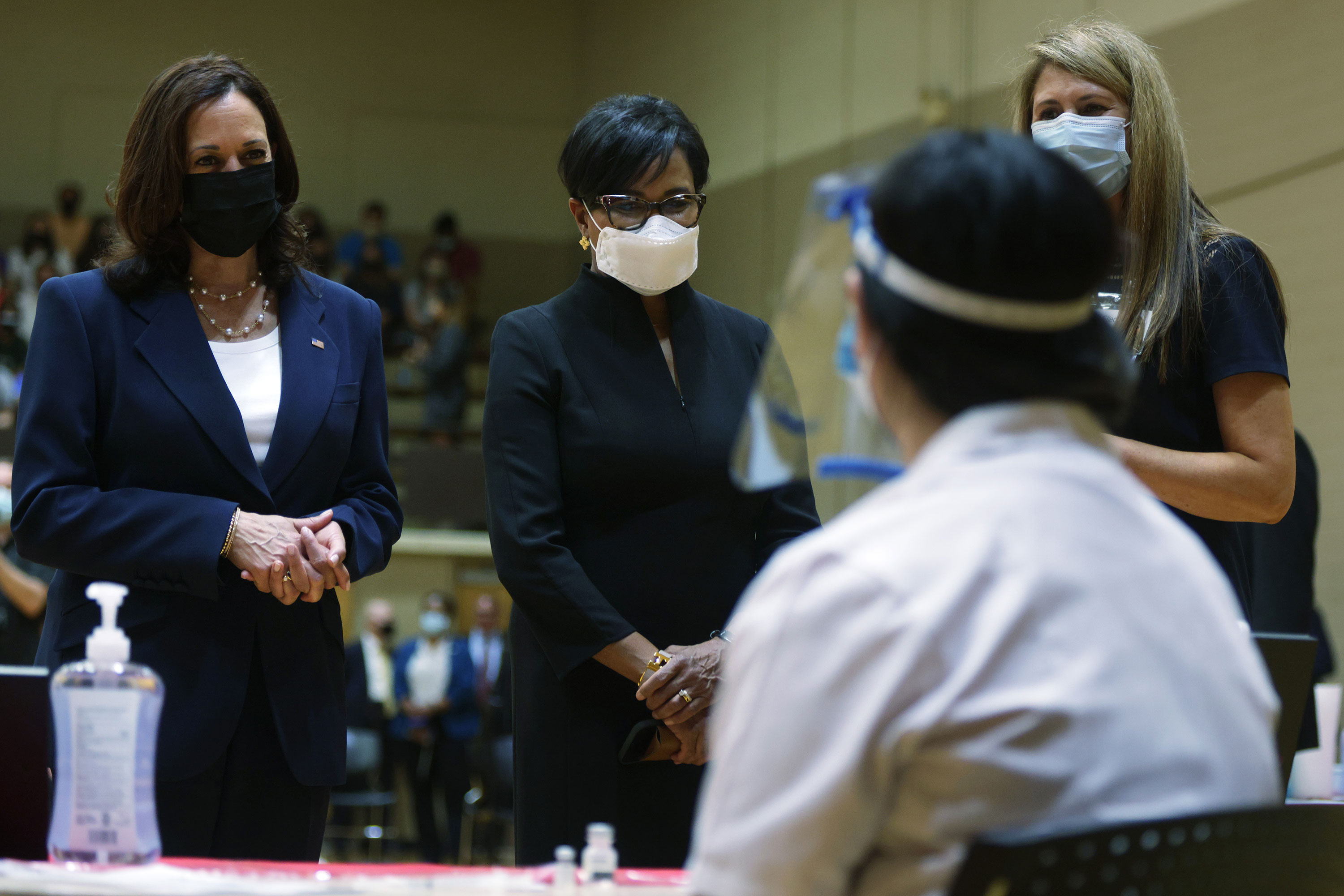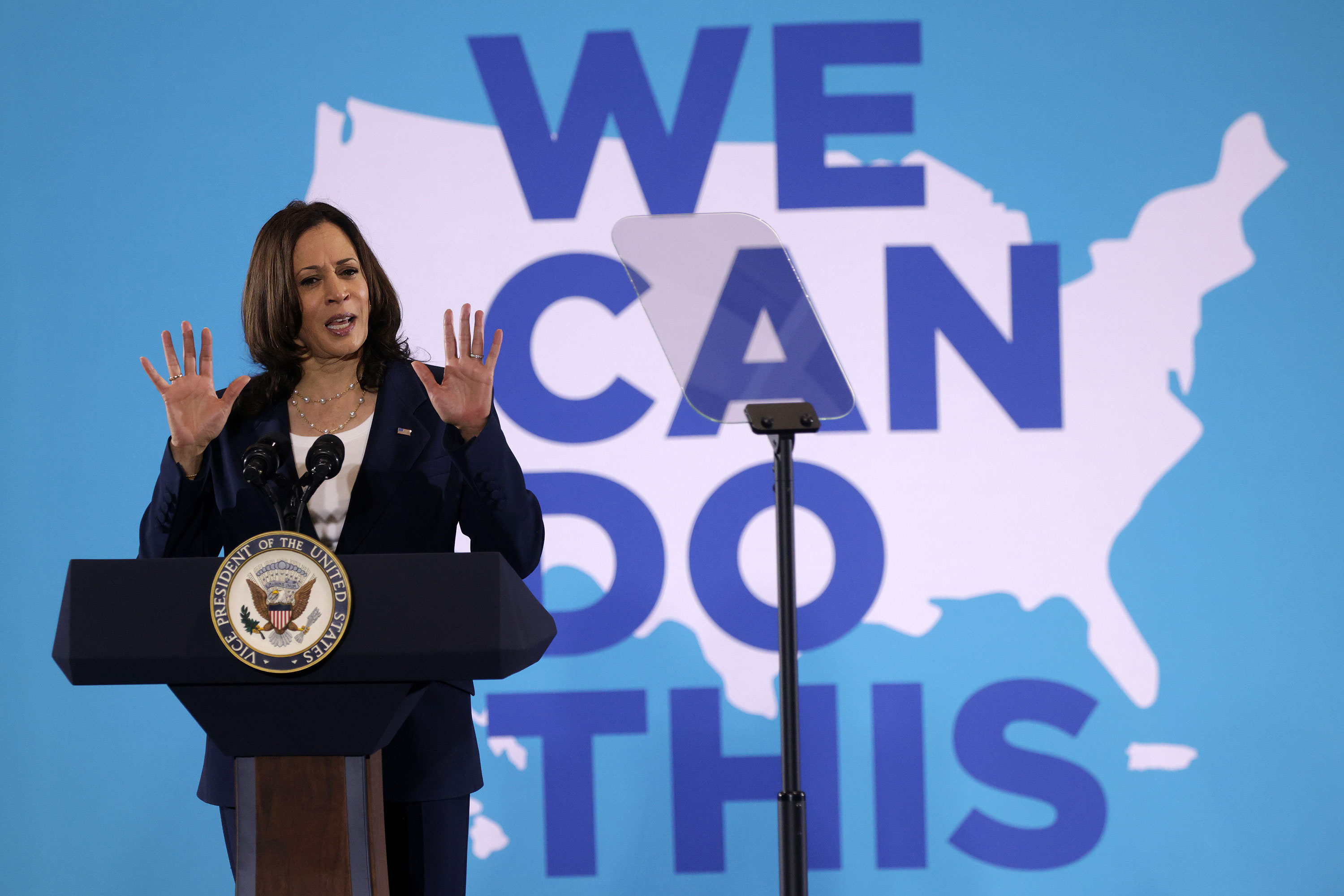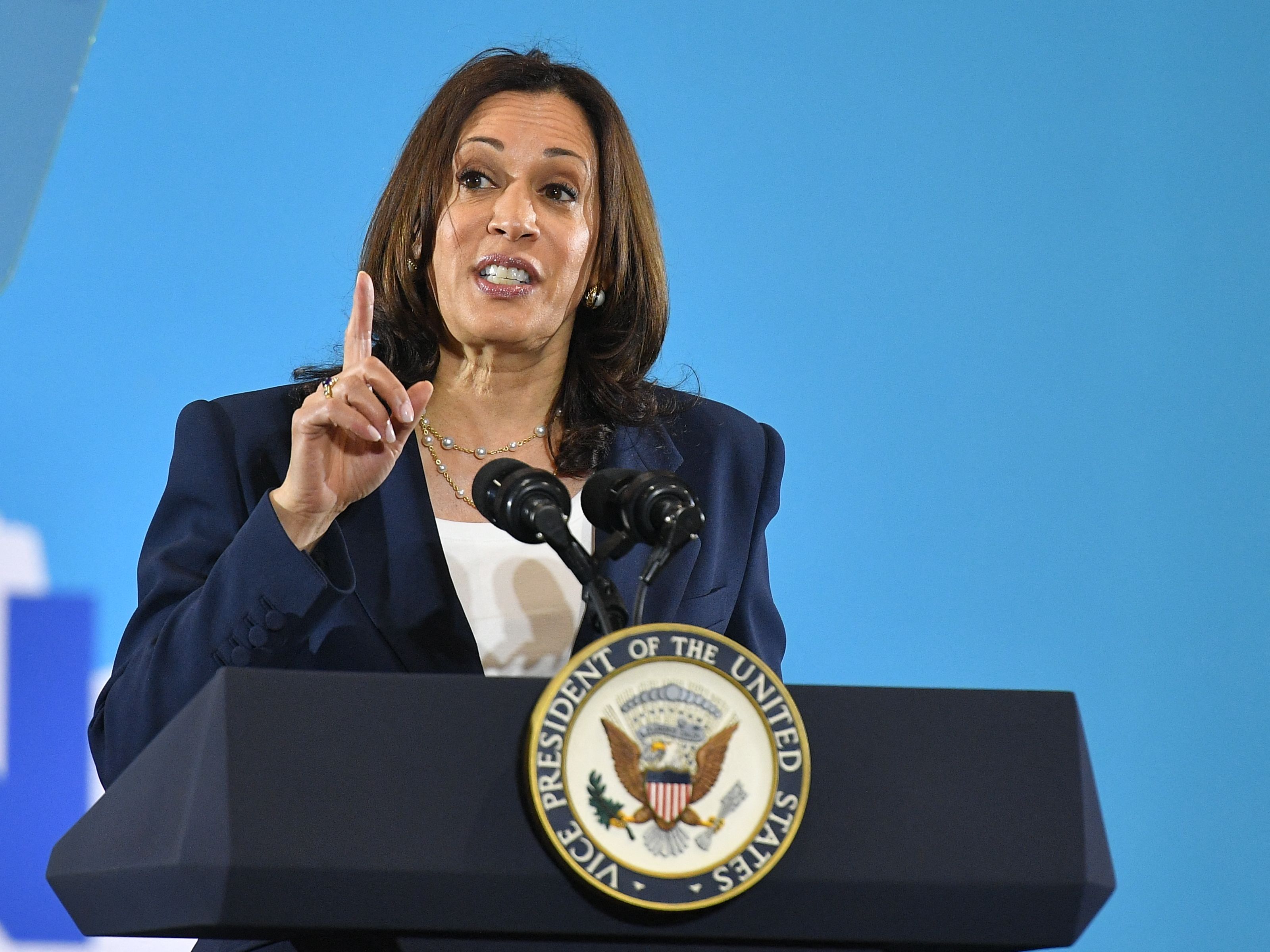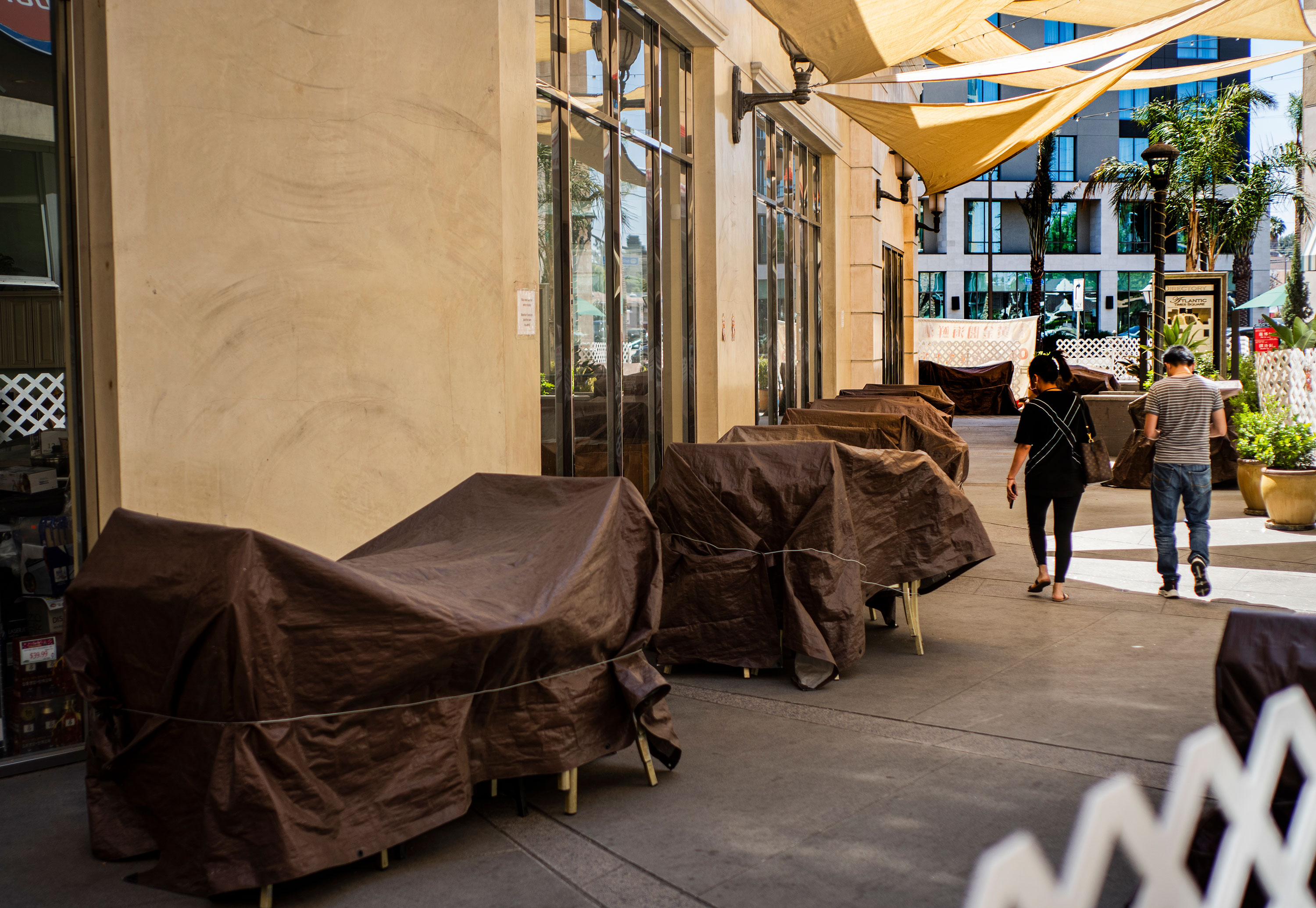
More than 15 months after becoming the first state in the nation to implement a stay-at-home order due to the Covid-19 pandemic, California is set to fully reopen its economy Tuesday after more than 70% of eligible residents received at least one dose of the Covid-19 vaccine and new case rates have remained steadily below 1%.
What restrictions are going away? For all business sectors, Covid-19 restrictions including capacity limitations and social distancing requirements will be lifted.
What restrictions will remain? Mega-events like concerts, conventions, and sports will still have some restrictions. Vaccine verification will be required for those attending indoor events with 5,000 people or more, and recommended for outdoor events with more than 10,000 attendees.
Will people still need to wear masks? A new health order will go into effect Tuesday, allowing for vaccinated individuals to go without a face covering in most situations, in accordance with US Centers for Disease Control and Prevention guidelines. Unvaccinated people will still need to wear a face covering in public indoor settings.
- Masks will still be mandated in certain places including on public transportation, and indoors in hospitals, and jails.
- K-12 schools and child care centers will continue to require face coverings.
- Businesses can still require masks at their discretion.
- Cal/OSHA is set to adopt new rules for face coverings in the workplace, but because that isn’t expected until the end of June, Gov. Gavin Newsom indicated Monday he will sign an executive order later this week “to clear up any ambiguity.”
What’s the vaccination situation in California? California has administered nearly 40 million vaccines, and about 72% of the state’s population is at least partially vaccinated, Newsom said Monday. Approximately 47% of residents are fully vaccinated.
There will be no vaccine requirement or so-called vaccine passport, but Newsom plans to announce an electronic version of their vaccine cards later this week.
The state has invested a whopping $116.5 million in incentives, offering gift cards and cash prizes. On Tuesday, state officials will hold a drawing where 10 people who have been vaccinated will each win a $1.5 million grand prize.
On Monday, California added six “dream vacations” to the prize pool, which include popular destinations like San Francisco, San Diego, Palm Springs, and Anaheim. Each package will focus on a specific area and include prizes like theme park admission, Giants, Padres, or Lakers tickets, or a luxury hotel stay. Winners will be chosen on July 1.
What happens to California’s reopening tier system? California’s “Blueprint for a Safer Economy,” which assigned each of the state’s 58 counties to a four-tiered, color-coded category with easing restrictions, will be retired.
What about the state of emergency? Newsom is not ending state of emergency, saying the pandemic is not yet behind us.
All changes will be implemented at midnight local time.
